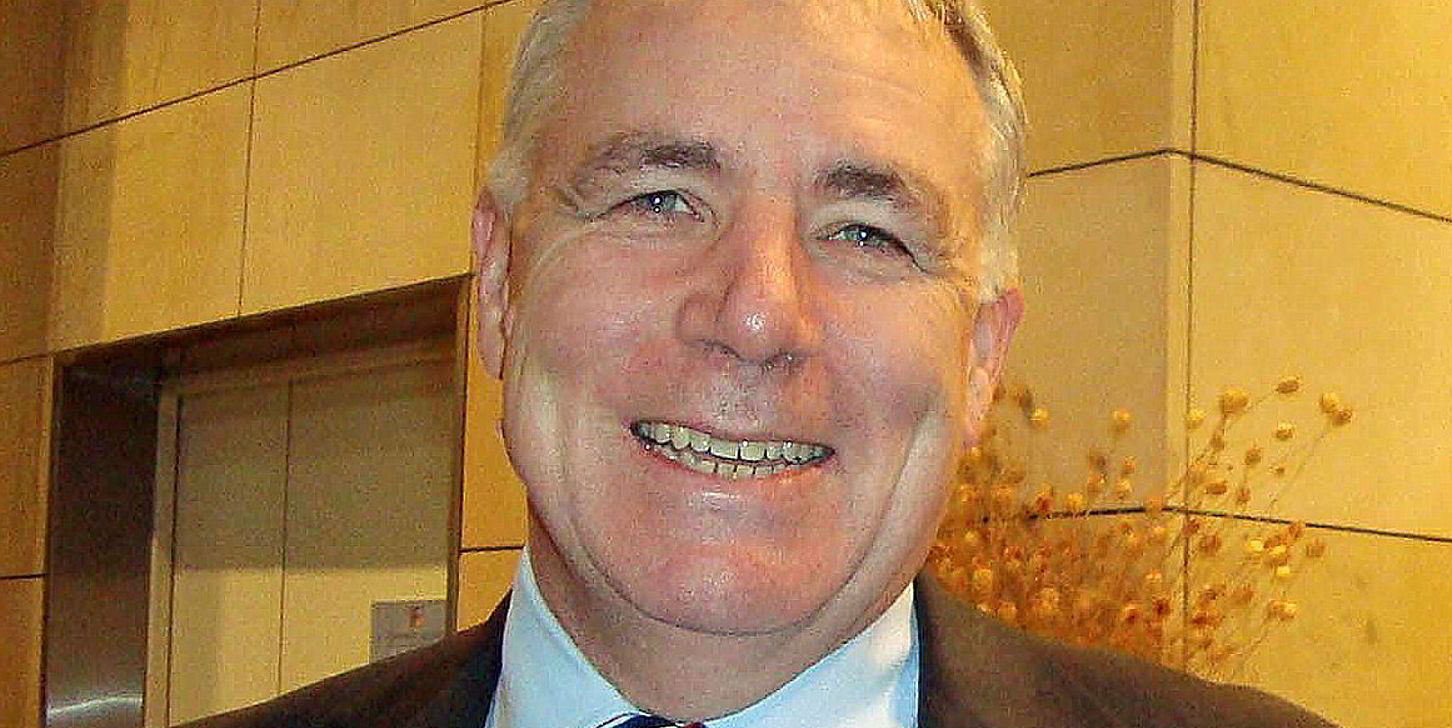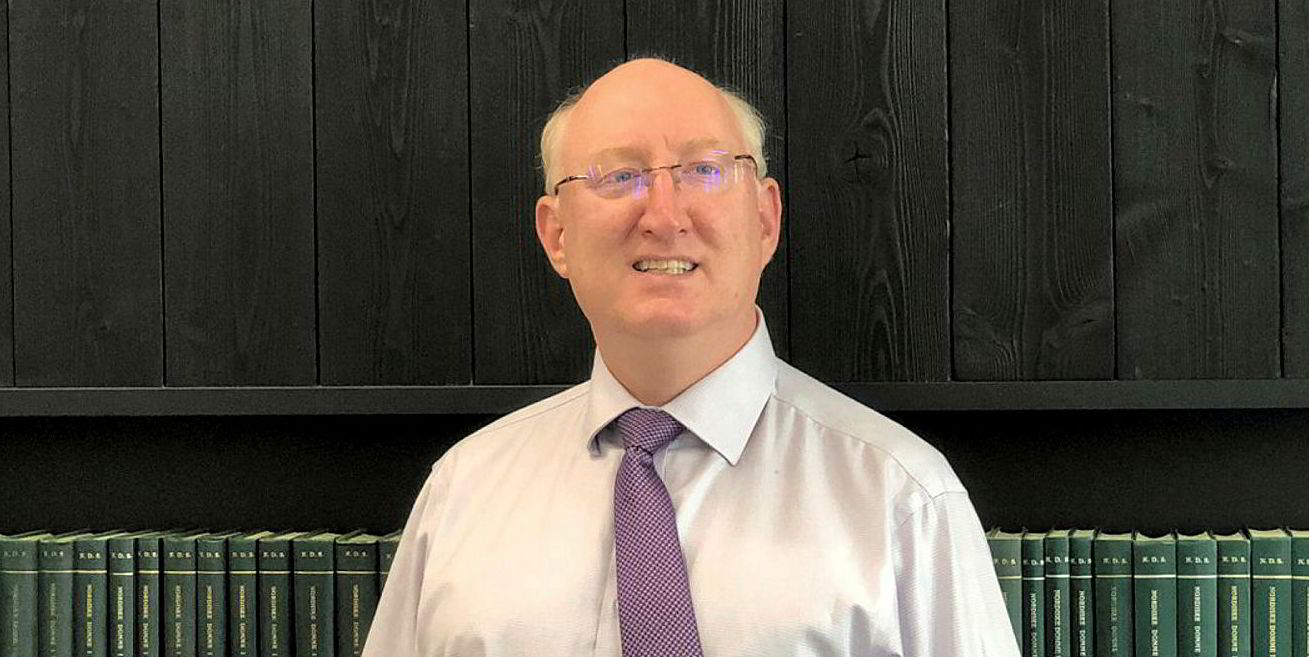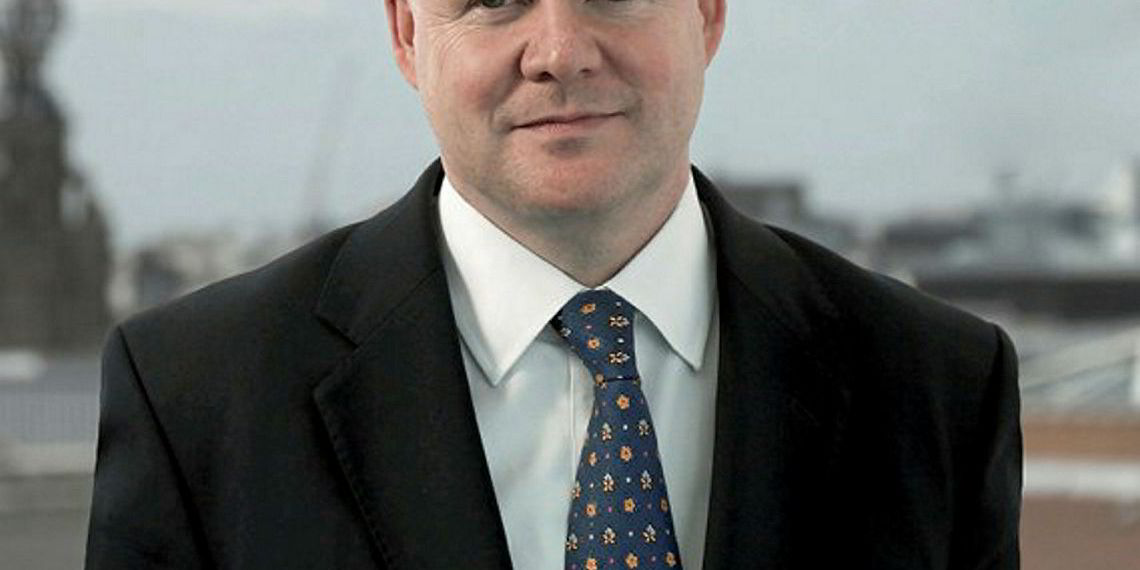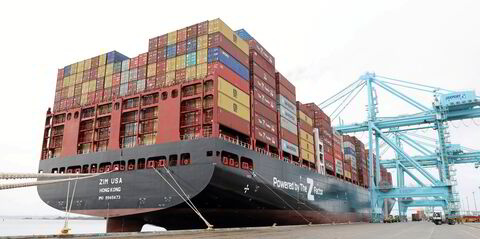London’s shipping law scene has been in transition over the past decade. As competitive boutique practices have emerged, some mega-firms such as Ince & Co have struggled.
But amid the turmoil, and under the radar, Wikborg Rein has slowly been building up its London practice.
And the firm, one of Norway’s five largest, is ready to challenge some of the city’s more established players.
The outfit has moved offices to accommodate the growth. Sitting at its new home on Cannon Street in the City of London, managing partner Chris Grieveson reflects on a time not so long ago when Wikborg’s outpost in the UK capital was “two men and a dog”.
The move to build up in London, where Grieveson heads the practice, began in earnest around 2009. In that time, Wikborg has captured some superstar signings, notably Nick Shepherd, who brought with him a list of clients that reads like a who’s who of Greek shipping.
It’s a small team and we are keen that we don’t take on any big, overpowering personalities
Renaud Barbier-Emery and Jon Goldfarb have joined from Ince & Co as partners, and Ina Lutchmiah, a former managing associate at Ince & Co, will join as a senior lawyer.
Goldfarb specialises in LNG, floating LNG and floating storage and regasification unit projects, acting for many of the biggest names in the business. Barbier-Emery is also active in LNG and offshore.
'Independent shop'
“We are running quite an independent shop here. Everyone that is a partner has come from another firm,” Grieveson says. “So whenever someone ... joins us, they bring legacy clients with them.
“But we’ve also been building on ... relationships with various existing clients in Scandinavia, Shanghai and London, which have now become joint clients of the offices.”
Nearly 30 lawyers are working in the Cannon Street office, and there is space to fit up to 45.
However, Grieveson thinks the firm should not grow too quickly, and the people who do join have to be the right fit for the company culture.
“It’s a small team and we are keen that we don’t take on any big, overpowering personalities,” he says. “And now we’ve got an interesting range of partners onboard. We’ve been able to get good-quality associates too.”
But some observers wonder whether Wikborg can continue to pull in more legal talent, given the competition from established big-name firms.
Grieveson suggests Wikborg offers something different that many lawyers are finding attractive.

“A lawyer could leave Inces and go to Holmans or Reed Smith or Stephenson Harwood — and these are all large offices in London with decent-size shipping teams,” he says. “But here you have the whole advantage of a smaller operation, where we see each other and talk to each other and exchange information all the time, so there’s the size element.
Norwegian firms are also well run and profitable. There is a different culture and Norwegian style here, and a ‘get on and do it’ attitude, which reflects the Norwegian directness
“Norwegian firms are also well run and profitable. There is a different culture and Norwegian style here, and a ‘get on and do it’ attitude, which reflects the Norwegian directness.”
Some at Wikborg who have worked at other big practices refer to a more relaxed working environment and emphasis on equal opportunities. Grieveson is quick to point out that the London office is just as demanding in terms of performance as any other firm.
Some observers argue that there is no room for another substantial player in the local market because there is not enough traditional shipping work to go round. Insurance work in particular has slumped for London law firms.
Growth areas
Grieveson contends that his office is less reliant on routine insurance-related freight demurrage & defence work than other firms. Instead, the strategy is to target growth areas such as LNG, green shipping and offshore, including windfarms.
Although the offshore market is still depressed, Wikborg has been looking for work in developing areas such as rig decommissioning.
Grieveson points out that much insurance-related work has moved to Scandinavia, where Wikborg has a strong relationship with the largest of the protection and indemnity clubs, Gard.
The firm’s Oslo headquarters has delegated a high degree of autonomy to the London outfit, yet there is an unmistakable Norwegian flavour to the new branch.
The designers have embossed every piece of glass in the office with a different passage from the Norwegian constitution. “It’s like a stick of rock,” Grieveson says. “The Norwegian DNA is stamped right throughout the office.”




